The 2010 U.S. Census recorded 1,838 black Americans with Douglass as their last name. That represented 12% of the total of 14,862 entries.
This article tracks their numbers in the census since the Civil War. We also look at historic African American people named Douglass.
We end with a review of early records of black military service in the United States.
After The Civil War
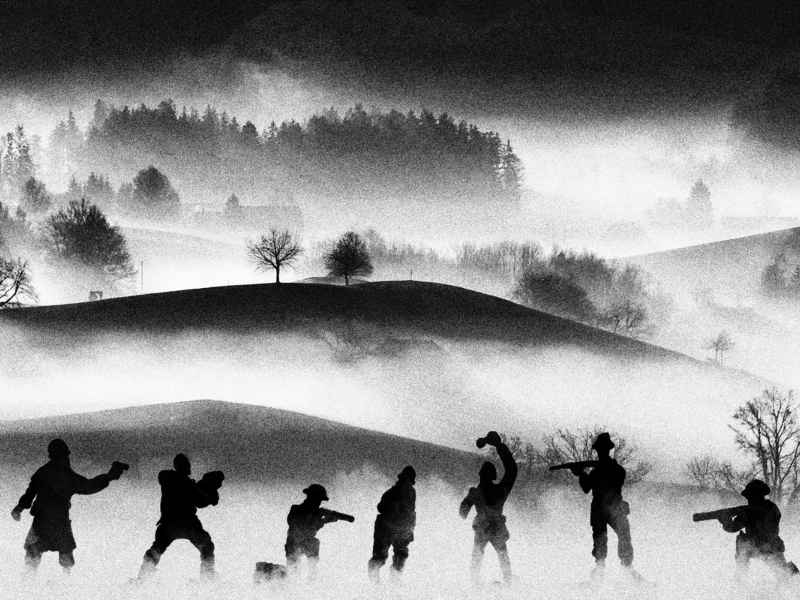
The 1870 census was the first survey after the Civil War and the Emancipation Proclamation. In 1850 and 1860, only free African Americans were recorded in the census. The many enslaved were omitted.
From 1870 onward, all black Americans were included.
1,744 people named Douglass were recorded in the 1870 census as black and 342 as mixed.
There was a total of 11,088 people with the name.
Douglass In The 1900 And 1940 Census
The mixed category was dropped from the census in 1900, so we just need to look at the black numbers this time.
The 1900 census recorded 3,750 people with the last name Douglass as black within a total of 15,780 that year.
By the way, the mixed category returned in the 1910 and 1920 censuses. It was dropped again in 1930, but replaced with extra categories for colored and non-white in a way that seems confusing now.
This changed again in 1940 and we can simply focus on one black category.
The 1940 census recorded 0 people named Douglass as black within a total of 0.
Historic Black Figures With The Douglass Surname
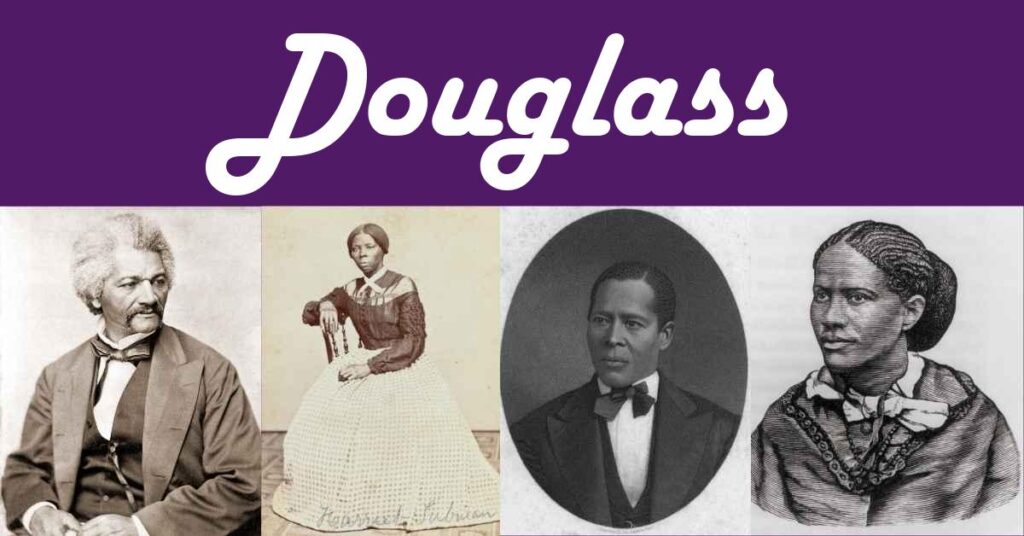
Here are some notable African Americans in history with Douglass as their last name.
Sara Douglass
- Born: 1806
- From: Philadelphia, Pennsylvania
- Died: 1882
Robert and Sara Douglass were the children of a leading abolitionist family in Philadelphia. Robert studied at the Pennsylvania Academy of Fine Arts (one of the few black students) and at the very prestigious Royal Academy of Arts in London. was a noted portrait painter and earned a living as a sign painter.
Sara Douglass taught at a school founded by her mother and the wealthy black abolitionist James Forten. She went on to establish a school for African American girls. She was headmistress at the school from 1838 to 1877.
Sara wrote for the abolitionist newspaper, the Liberator. She also co-founded the Philadelphia Female Anti-Slavery Society.
Frederick Douglass
- Born: About 1817
- From: Cordova, Maryland
- Died: 1895
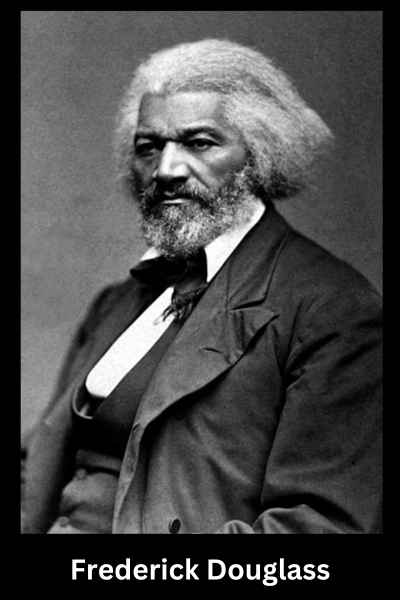
Frederick Douglass was born enslaved in Maryland. He taught himself to read and write, which was illegal in the state. He also taught other slaves on Sundays.
When he was working at the docks, he met a laundress, a free young woman called Anna Murray. She helped Douglass financially to escape to New York and they married in 1838.
Frederick had used his mother’s name of Bailey. It was after his marriage that he changed it to Douglass, inspired from characters in a poem by Walter Scott. As well as working as steward, he became a preacher in 1839.
He was greatly influenced by the anti-slavery newspaper, the Liberator, and started giving abolitionist speeches. He became renowned as an eloquent speaker and a leader in the African American community.
He also wrote a famed autobiography, “Narrative of the life of Frederick Douglass, an American slave“. Part of his motives were that skeptics questioned if so eloquent a speech-maker could ever have been in bondage.
Douglass described the oppression on a Maryland plantation and rallied an even wider range of supporters to the abolitionist cause. You can read it online here.
Other Slave Narratives
Douglass’ account of his life is considered to be part of the genre of slave narratives. Here are some more:
Douglass In Black Military Records
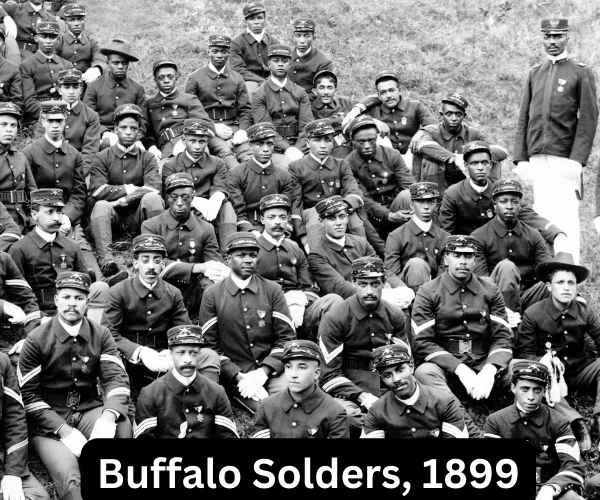
Military records are a rich resource of information for family history research. Here are examples of the Douglass surname from military service.
Buffalo Soldiers
Five regiments for black soldiers were formed during the Civil War. They were known as the Buffalo Soldiers.
Their records are part of the national archive of military monthly returns. The information includes the year and place of birth, where they enlisted, their occupation, and their height.
One of the earliest military entries for Douglass was in February 1884. Primas Douglass was a Recruit in the U.S. Tenth Cavalry. He was stationed in February 1884 at Fort Davis and Fort Concho, Texas.
One of the later entries was in March 1907. Turner Douglass was a Private in the U.S. Tenth Cavalry.
If you are researching military ancestors, there is a free index of these records on Ancestry.com and FamilySearch.org.
You have to create an account on either website, but you do not need to pay for the Buffalo Soldiers archive.
Black Civil War Sailors
The National Parks Service has a free archive of African American sailors during the Civil War.
The information includes their age, height, rank, occupation, and where and when they enlisted. It also includes every ship that they served on.
You can search the database on the National Parks website.
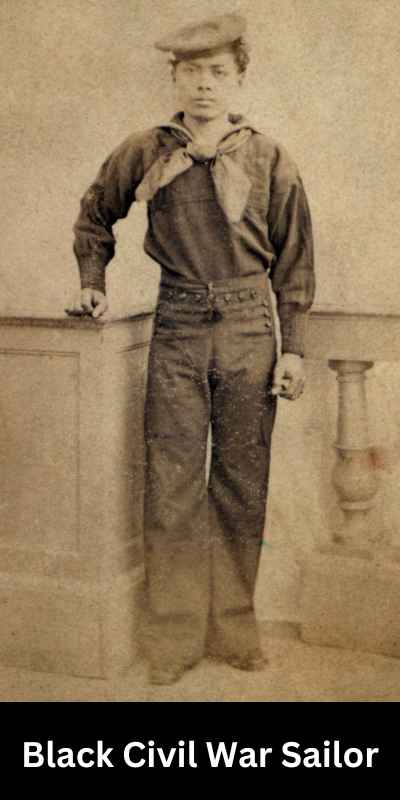
Amos Douglass
One of the earliest entries for Douglass was for Amos Douglass from Newtown, Virginia. He enlisted in March 4 1861 at New York when he was aged 29.
The record shows that Amos was assigned on April 1 1865 to the ship Iroquois.
His occupation before enlisting was as a Steward. His naval rank was Landsman.
“Landsman” was the lowest rank at the time and was given to recruits with little sea experience.
Charles Douglass
One of the later entries was for a sailor who enlisted at Potomac Flotilla in September 26 1862. Charles was aged 15 and was from Washington, District of Columbia.
He was assigned to the ship Eureka on September 30 1863.
His occupation before enlisting was as a Waiter. His naval rank was 1st Class Boy.
“1st Class Boy” was the rank given to young men who enlisted when they were under eighteen.